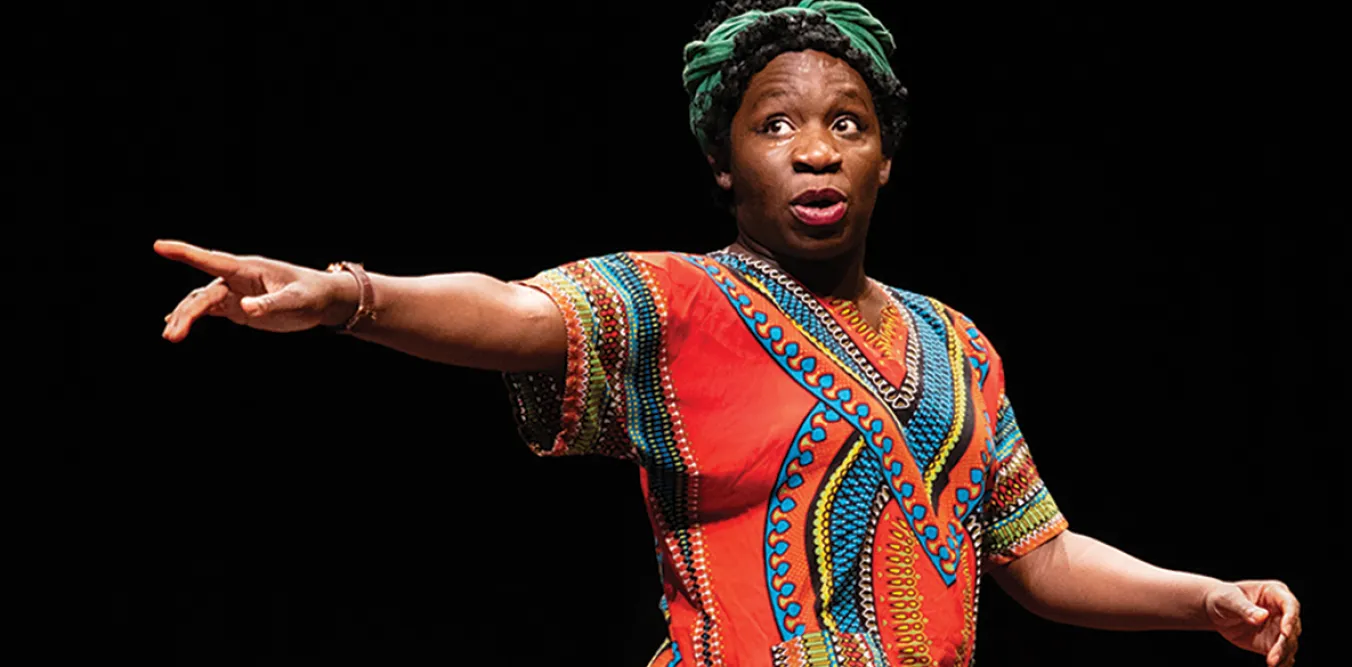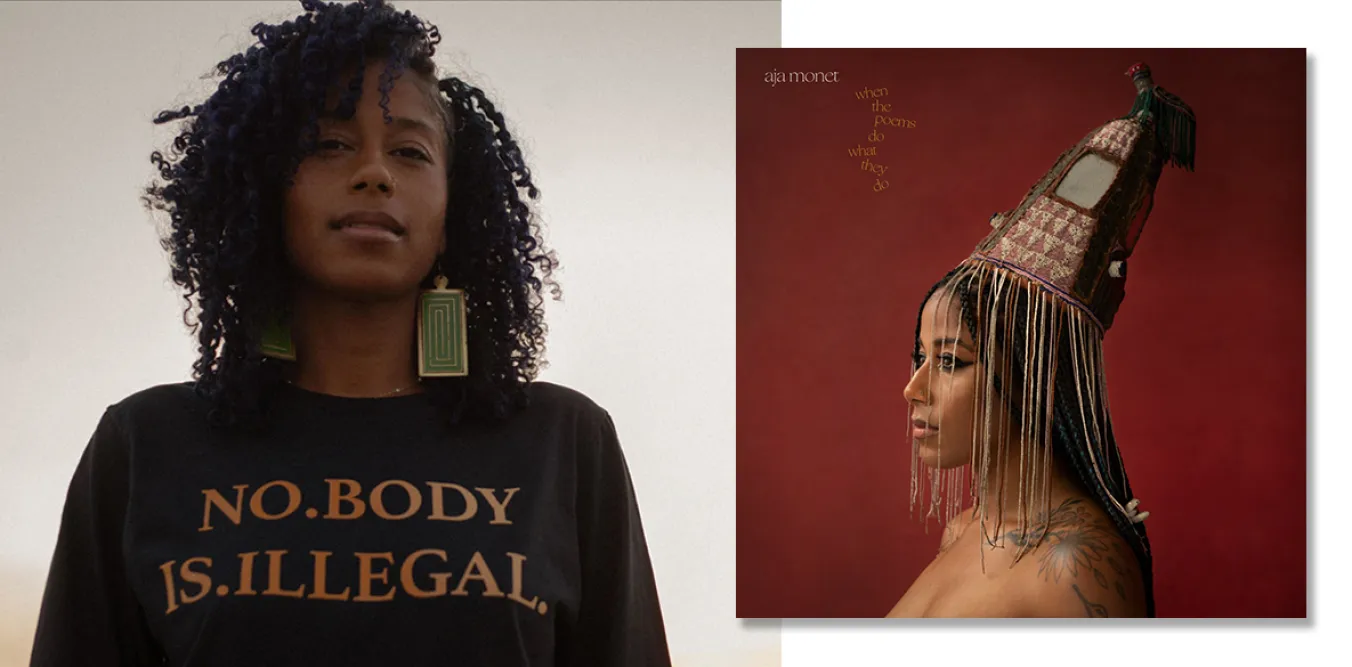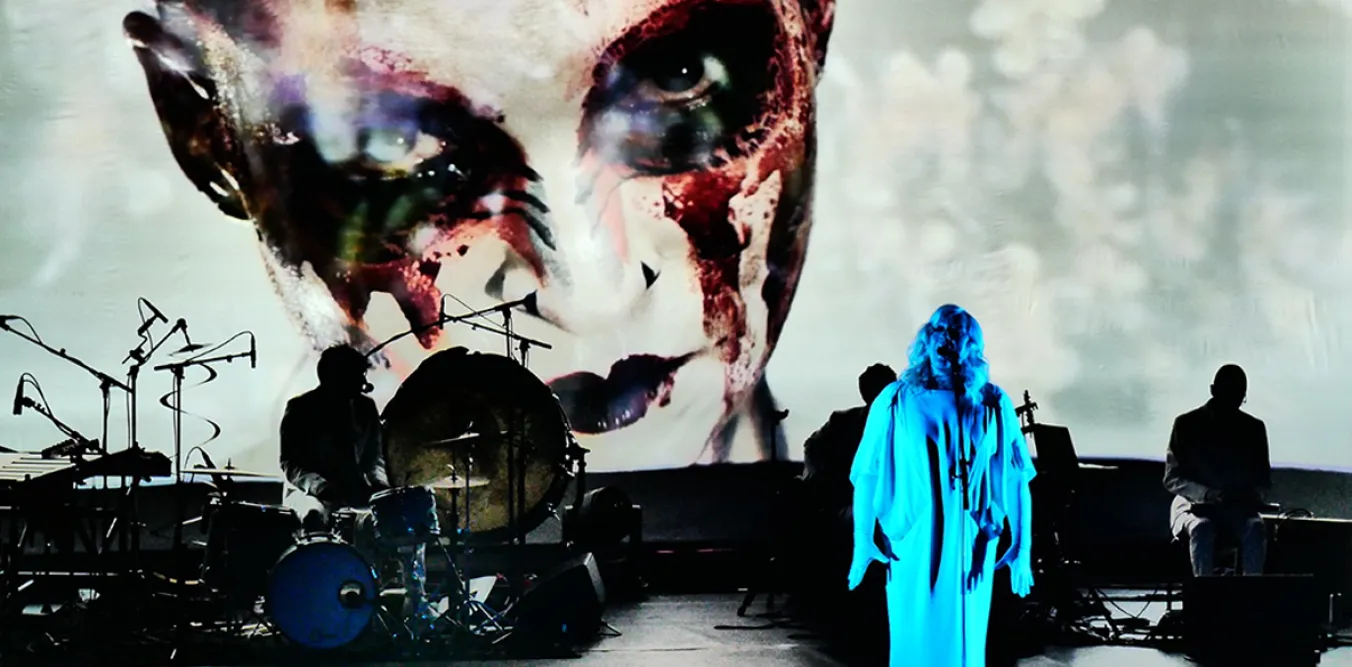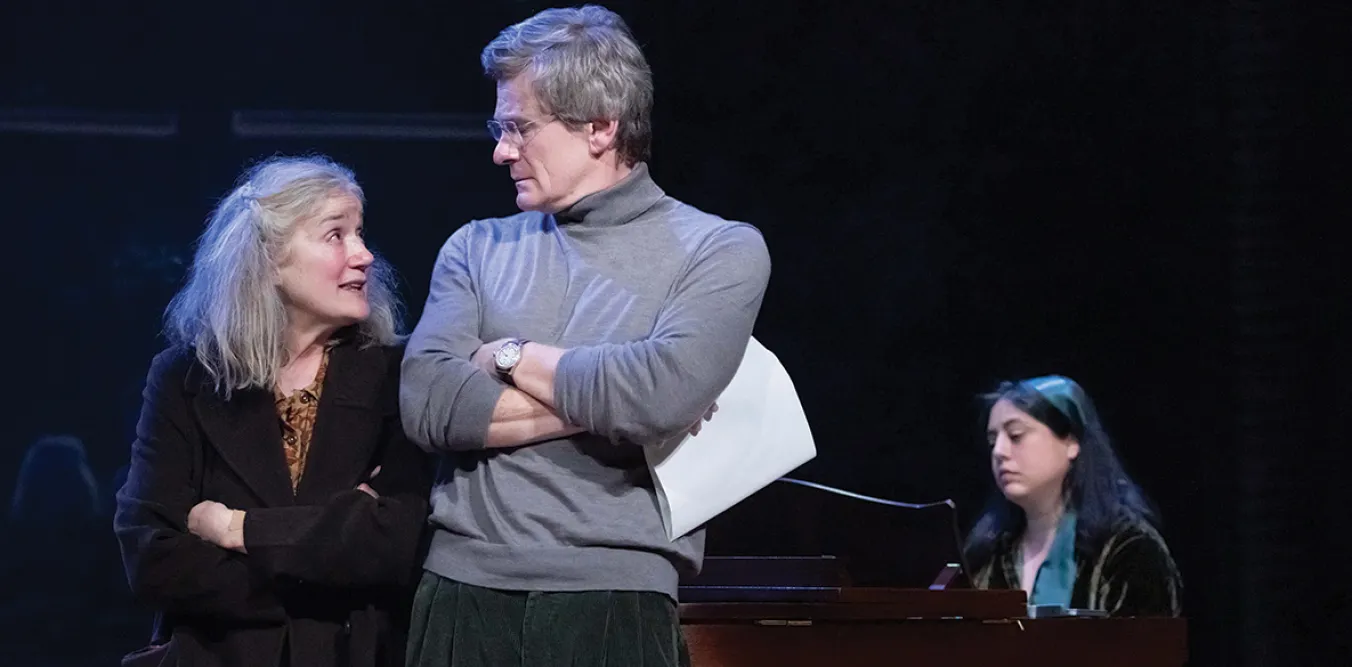
Black is the Colour of My Voice
Oxford Playhouse
BLACK is the Colour of My Voice is a one-woman play about the life of Nina Simone, delivered by means of a single extended soliloquy addressed to her father over a night of reflections and recollections.
Apphia Campbell does a wonderful job of bringing her subject to life, expertly capturing the conflicting aspects of Simone’s personality, from her raucous sense of humour and exuberance, to her bitterness, determination, and thirst for freedom and justice.
The fragments narrated are well chosen to illustrate these contradictory elements, one in particular seeming to demonstrate all of them at once, when Simone, as a child, gave her first concert. Just before she began, she saw her parents being ushered to the back of the hall due to the venue’s segregationist policies. Simone began laying into staff and audience alike, warning them that they had better bring her parents to the front right away “unless you would like to spend the rest of the evening watching this empty seat?”
















